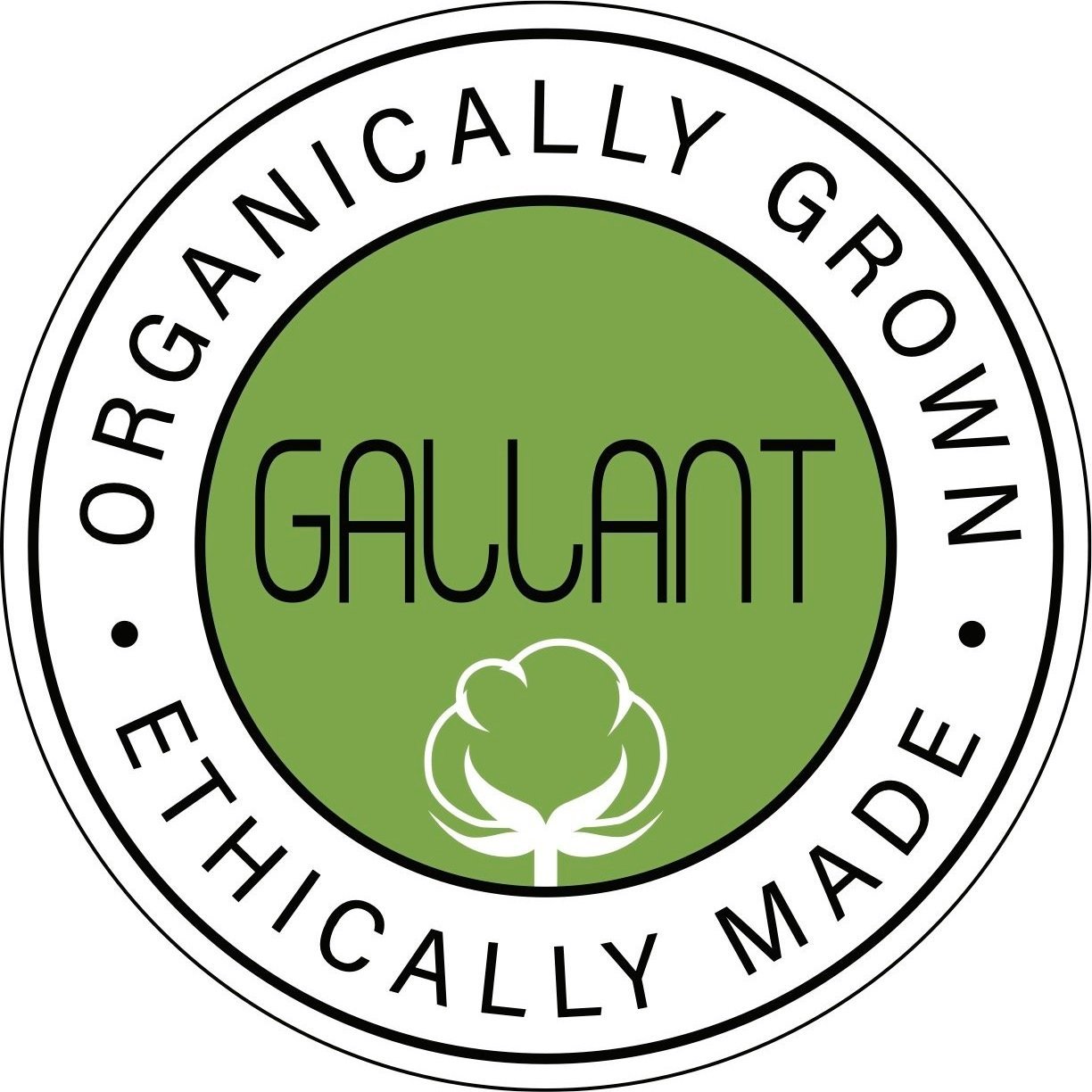USDA Moves to Crack Down On 'Organic' Fraud
Those pricey groceries you invest in week after week- are they truly organic? The policymakers hope to bid farewell to such worries by updating the rules governing the production, handling, and sale of organic products.
The USDA unveiled new regulations for items with the "organic" label, to help consumers buy healthier, more environmentally benign foods. Only those items that adhere to tight requirements for soil quality, animal husbandry methods, weed, and pest control, and additive use are permitted to bear the "certified organic" designation, according to the USDA. The revisions made public by the organization on January 19, 2022, will plug gaps, preventing components that don't match the requirements to enter the distribution network. Echoing Tom Chapman, chief executive of the Organic Trade Association, the latest modifications to the organic standards since they were published in 1990 will "raise the bar to prohibit unethical actors at any point in the supply chain."
Organic fraud is still an issue in the US, with non-organic crops being sold as organic. The food sector is persuaded there might be an issue given the discovery of millions of pounds of ostensibly fake "organic" grains.
The new regulations increase the application of the USDA's stringent criteria of organic— depending on natural ingredients and physical, mechanical, or biological farming methods to the maximum degree feasible. It raises the number of firms in the supply chain that must be certified, mandates USDA's National Organic Program certification for all imported organic foods, and strengthens authorities for safety checks, record-keeping, traceability, and fraud control procedures. This is a new high even for farms that employ more natural methods, posing a challenge in meeting the renewed standards.
Image source: USDA
The U.S. market for organic foods reached $63 billion in 2021, with customers willing to pay high premiums for organic goods. The organic market is expected to only keep expanding, and the USDA authorities are taking steps to prevent organic food fraud.
According to Jennifer Moffitt, Under Secretary of Agriculture for Marketing and Regulatory Programs, safeguarding and expanding the organic industry and the reputable USDA organic stamp is a crucial component of the USDA Food Systems Transformation effort.
Concerned businesses will have a year to conform to the new regulations after the new rules take effect in March 2022.
Related blog:

